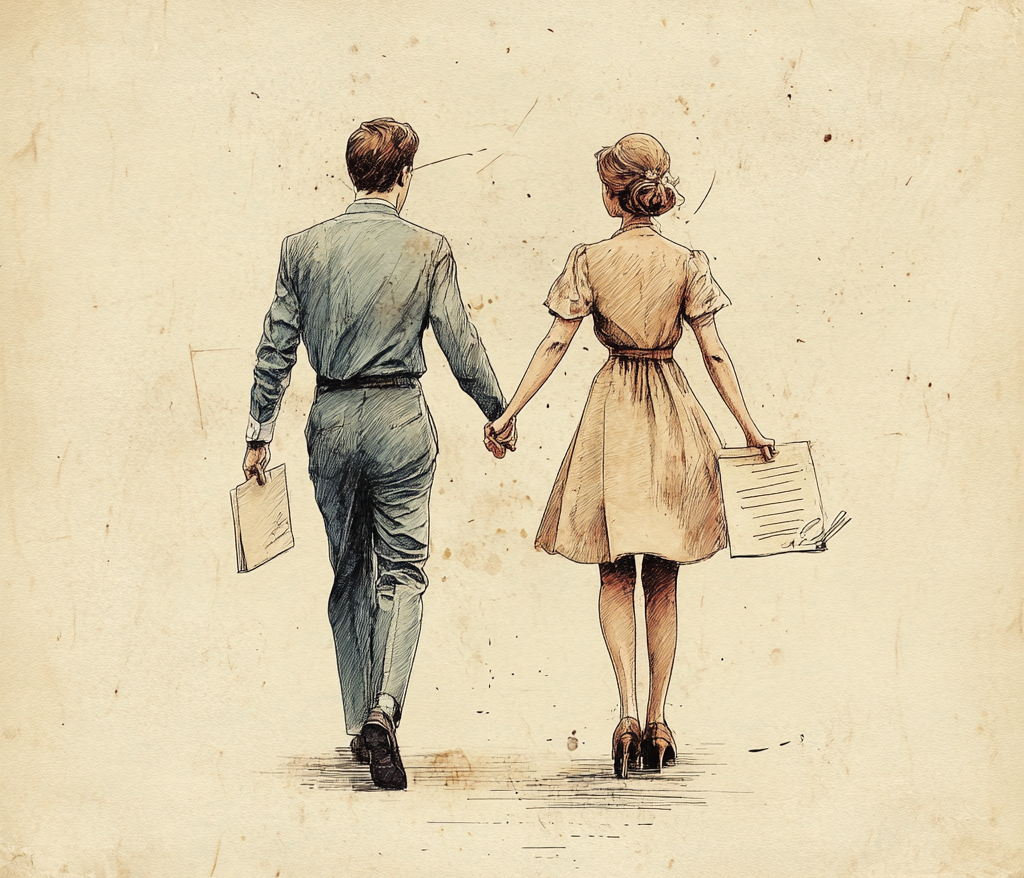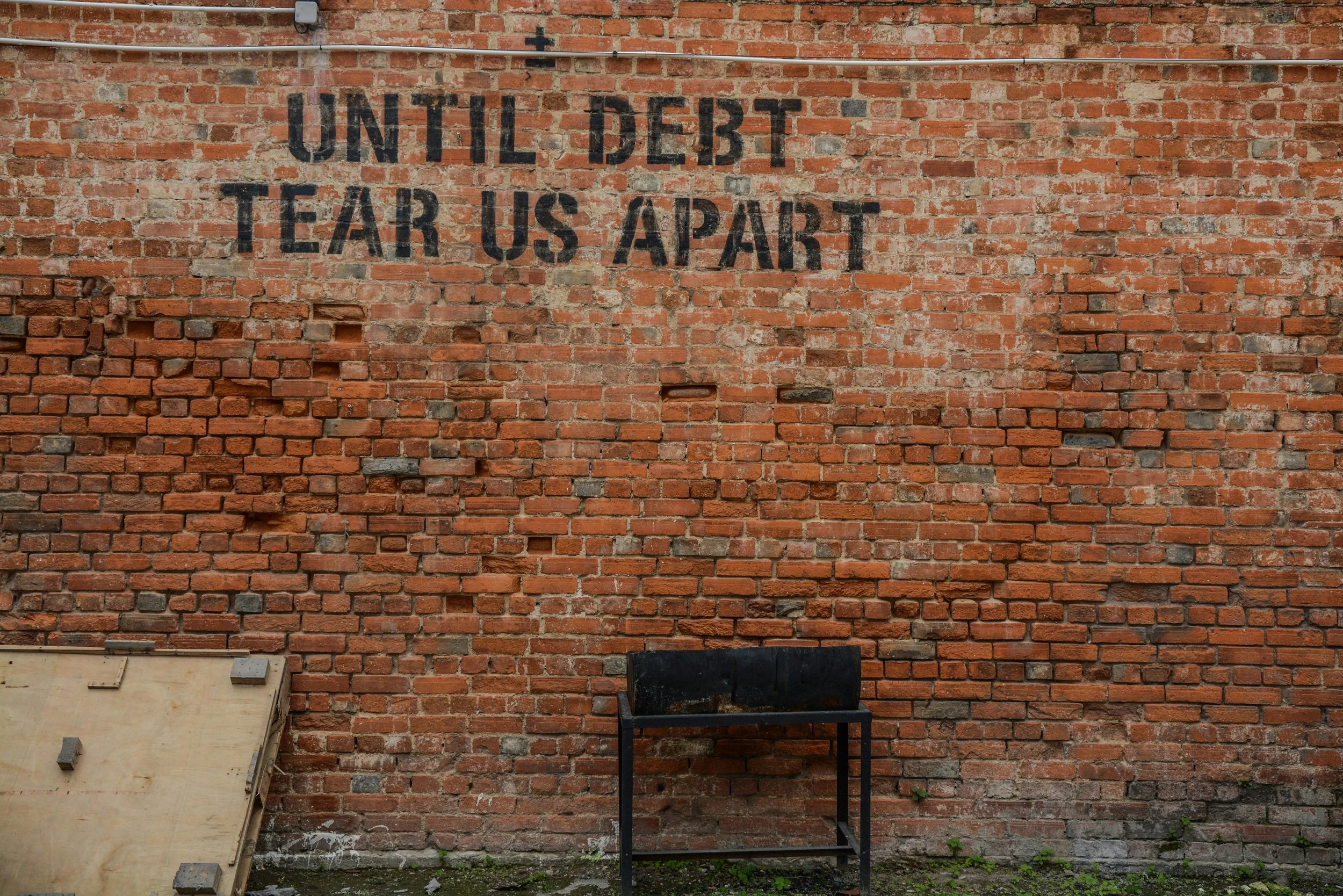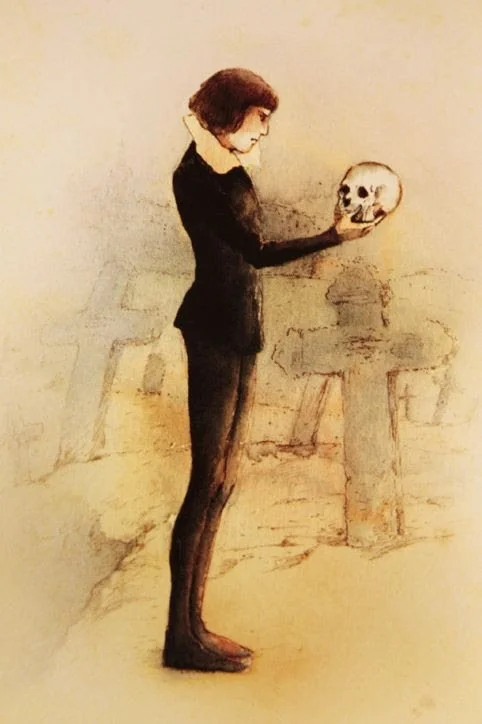Looking back on some of those formative years, I recall being asked about my taste in classical music to which I answered that I’d just enjoyed listening to The Four Seasons. “Yes, but – ahem – Vivaldi was Baroque, not classical.” That was the point at which music appreciation first came across like the subject of wine i.e. the object of a certain snob appeal for those who ape and fawn and aspire to a gentility not native to them and sniff and sneer at those who don’t share their pretensions.
One of the beauties of these nothing-left-to-prove autumn years of life is the chance to relax and fill in some gaps left over from all those emergency years of career and family. And so it is with Western classical music today where we are told younger and younger virtuosos are emerging with more people under thirty-five regularly listening to orchestral music compared to their parents’ generation. We are gathered here to honor classical music’s relevance even as performers and institutions face great financial pressures (click: Is Classical Music Relevant?).
So where does the wanna-be classical music autodidact turn? One might follow the suggestion in the focus piece and listen to what was labeled the best classical music film score of them all i.e. the orchestral piece from Howard Shore’s The Lord of the Rings movies. My mind wandered in that customary way as it powered through the entire three-hour-and-forty-minute score in one sitting (other than for a short Devo interlude), click: Lord Of the Rings Score). Perhaps a more disciplined approach was called for…
Read More



















